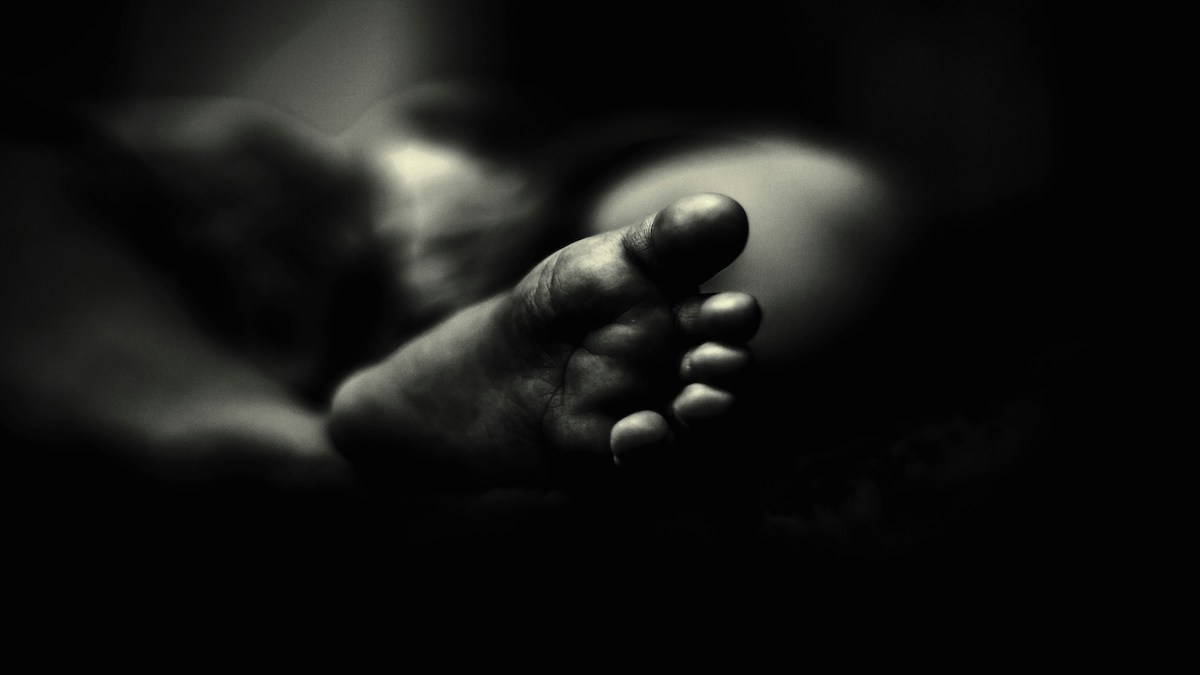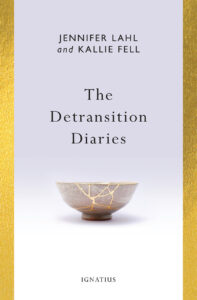“From now on there is no knowing what a parent is.” So wrote theologian Oliver O’Donovan in his 1984 book Begotten or Made?, in response to the new developments in artificial reproductive technologies. The first IVF baby, Louise Brown, had famously been born only six years prior, in 1978. In her case, both biological parents — the egg donor and the sperm donor — were the same people who raised Louise, with her mother serving as both egg donor and gestational carrier. Despite being a “test tube baby”, Louise grew up with a clearly identifiable mother and father. Forty-five years later, however, O’Donovan’s fear about the potential of technologies such as IVF to erase parenthood have proved well-founded. For decades now, we have seen cases of as many as five individuals staking some kind of claim to parenthood, for example where IVF involves a donor egg, donor sperm, a gestational/surrogate mother (separate from the woman who donated the egg), and up to two adoptive parents. As if this was not evidence enough, just earlier this year, the UK welcomed the first baby born from three people’s DNA through the process of mitochondrial donation.
The reason for carrying out such procedures is always explained away with platitudes: an individual or a couple desire a child, and if science can, science must aid their desire for self-fulfilment. What this means for the children is less often investigated. But for all we tell ourselves that the only thing that matters is to have parents who love us, as a society we retain an intuitive sense that genealogical bewilderment is very much real. Knowing whose genetic material contributed to your conception does matter, and on some level, however subconscious, we recognise this. Just recently, for example, a change in UK legislation established the right of children to have information about the donors involved in their birth from the age of eighteen.



